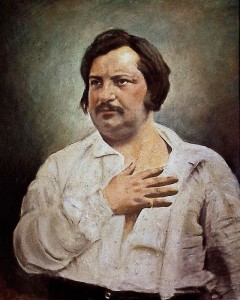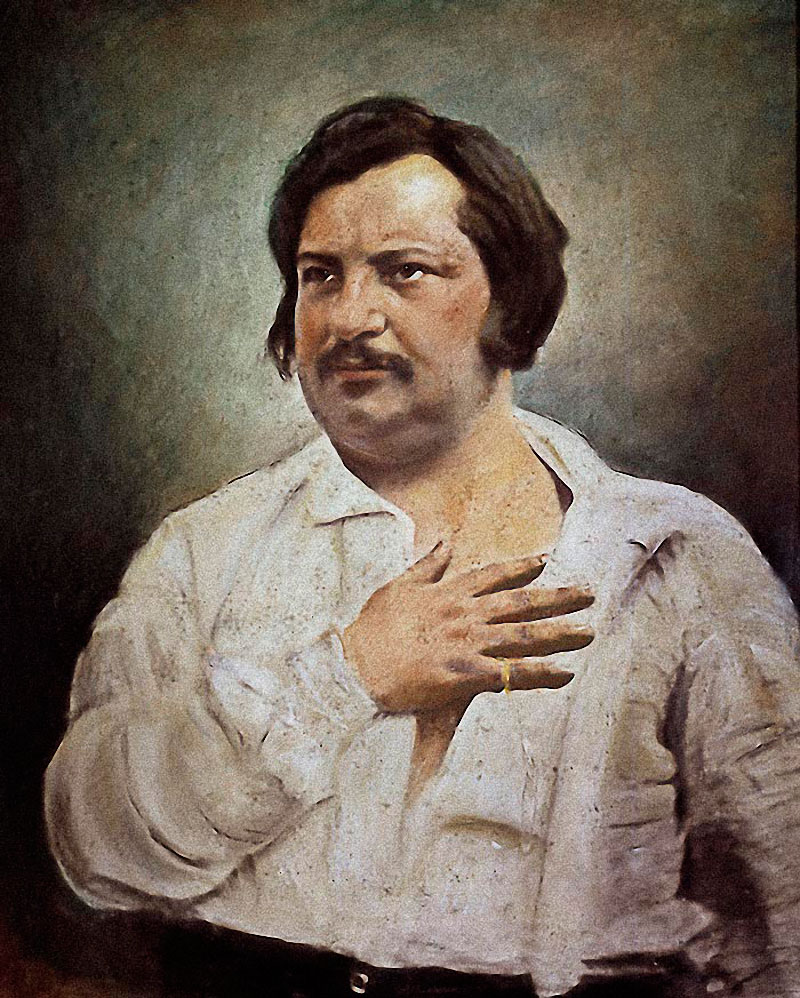 To Rosamond Thomas [Sturgis] Little
To Rosamond Thomas [Sturgis] Little
Via Santo Stefano Rotondo, 6,
Rome. September 23, 1949
Dear Rosamond,
Two letters, a box of provisions, a magic bird’s eye view of the Harvard Yard in two parts, and numbers of Life and Time full of innumerable coloured pictures of happiness, abundance, youth, travel, and laughter have transported me to a sort of dream-world where everything is a merry-go-round. Is America really like that? No: I know it can’t be. But you are having a splendid holiday after a good many years of comparative seclusion, and there is really a sort of youthful gaiety, as if everybody were dressed in brand new clothes, and rushing from one “delightful” thing to another. Is this really so, or are people putting on a public smile as soon as they come in sight of anybody else, and do public prints reproduce the same appearance of joy as a professional duty?
I am perfectly happy myself in the absence of any gaiety or variety; but I feel that the world is very shaky indeed and morally lost and drifting among shams which it doesn’t believe in, but can’t give up. And I think most Europeans feel as if the end of the world were at hand. Even the late Mr. Whitehead, the mathematical philosopher who was for years professor at Harvard, but was an Englishman (I knew him in 1897 at Trinity College, Cambridge) one of whose books I happen to be reading is full of this feeling, although, writing in America, he veils it in a haze of cordiality and religious hope. He is an excellent philosopher in spots but there seems to me to be a contradiction between his physical science, which is straightforward, and his philosophical and moral reflections, which are all subjective: history, for instance, or the past, when he speaks of them, do not signify the “concrete” events but the feeling, memory, or imaginative view of them that people have taken or now take. The social world is a novel, like Balzac’s; and the scientific world seems to disappear. However, he does recognise that this century, so far, has been catastrophic: which would seem to me to show that the philosophy of the nineteenth century was fatal sophistry; yet that is just the substitution of a novel for a science as the truer picture of the world.
Excuse me for running into these depths, or shallows; if you don’t see what I mean, you might show this letter to your husband, and give him my best regards and congratulations. I was surprised at seeing him looking so young, sturdy, and solid in his picture. He will perhaps tell you that I am all wrong, which may turn out true, because of America
Yours affectionately G Santayana
P.S. Don’t bother about my needing anything. Supplies of everything reach me, and I don’t need very much now-a-days.
From The Letters of George Santayana: Book Eight, 1948-1952. Cambridge, MA: The MIT Press, 2008.
Location of manuscript: The Houghton Library, Harvard University, Cambridge MA.
